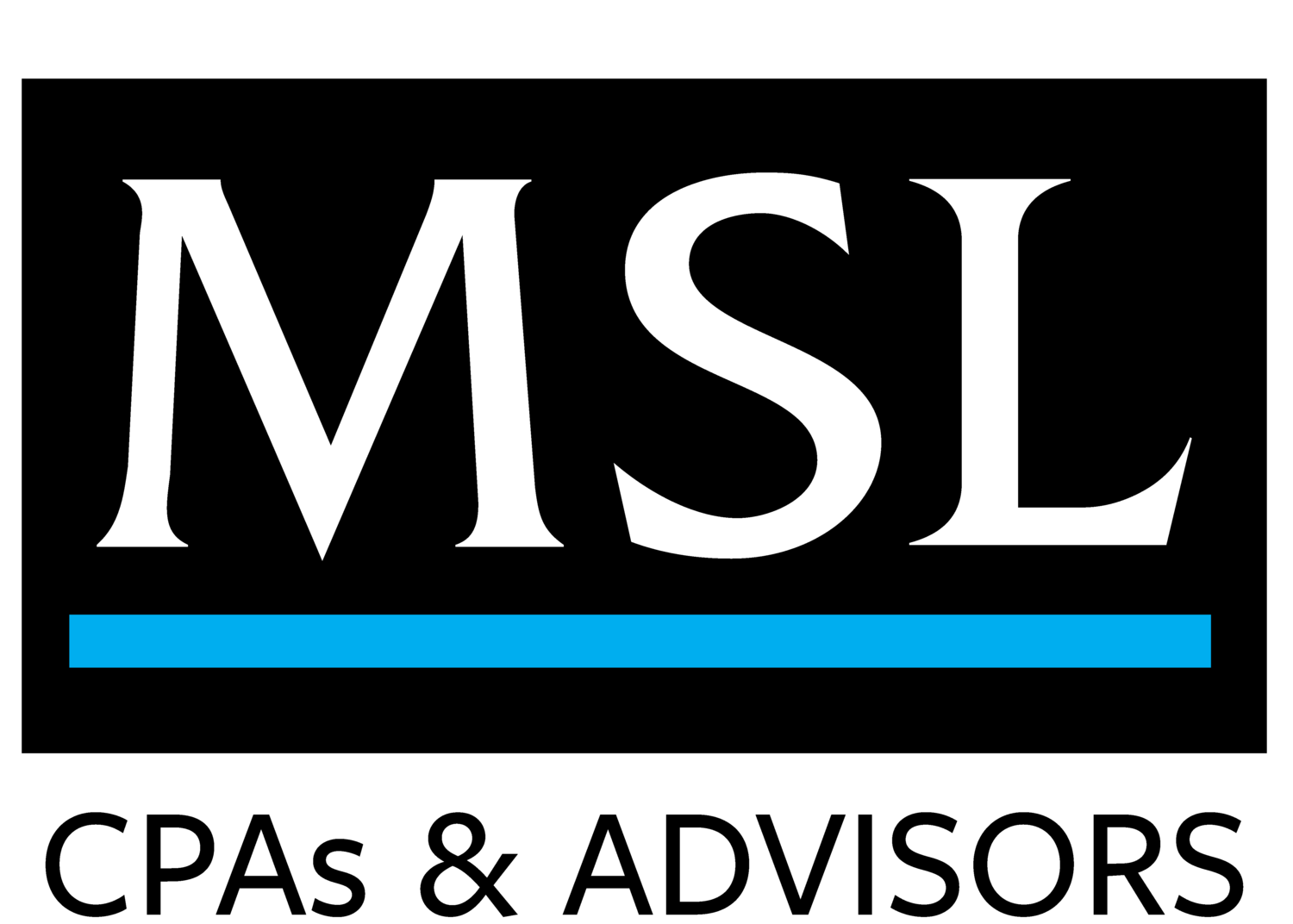Accounting Alert – Implementation of FASB Standards
/The FASB has been active over the past few years and issued several Accounting Standards Updates (ASU) that have implementation dates beginning in 2018 and on. We have provided a summary of the most impactful ASU below and a link to where additional resources on this subject matter.
Presentation of Financial Statements of Not-for-Profit Entities (ASU 2016-14)
In August 2016, the FASB issued an ASU that improves existing standards for financial statement presentation by not-for-profit entities. This ASU makes changes to net asset classification, information about liquidity and availability of resources, information about expenses and investment return, and the presentation of operating cash flows. The amendments in this ASU are effective for annual financial statements issued for fiscal years beginning after December 15, 2017 (which equates to January 1, 2018 for not-for-profit entities with a December 31 year-end).
Revenue Recognition Standards (ASU 2014-09, et al.)
In May 2014, the FASB issued an ASU that supersedes virtually all revenue recognition requirements in existing GAAP and introduces a five-step approach to recognize and measure revenue from contracts with customers. The FASB also issued several amendments to ASU 2014-09 to provide clarification on the guidance. The core principle of the collective ASU is that an entity should recognize revenue to depict the transfer of goods or services to customers in an amount that reflects the consideration to which the entity expects to be entitled in exchange for those goods or services. Public business entities are required to adopt the collective ASU for reporting periods beginning after December 15, 2017 (which equates to January 1, 2018 for public entities with a December 31 year-end). The earlier effective dates for public business entities would also apply to a not-for-profit that has issued, or is a conduit bond obligor for, securities that are traded, listed or quoted on an exchange or an over-the-counter market. All other nonpublic entities are required to adopt the collective ASU for reporting periods beginning after December 15, 2018 (which equates to January 1, 2019 for nonpublic entities with a December 31 year-end).
Leases (ASU 2016-02)
In February 2016, the FASB issued an ASU where lessees will be required to recognize lease assets and liabilities for all leases, with certain exceptions, on their balance sheets. Public business entities are required to adopt the ASU for reporting periods beginning after December 15, 2018 (which equates to January 1, 2019 for public entities with a December 31 year-end). The earlier effective dates for public business entities would also apply to a not-for-profit that has issued, or is a conduit bond obligor for, securities that are traded, listed or quoted on an exchange or an over-the-counter market. All other nonpublic entities are required to adopt the ASU for reporting periods beginning after December 15, 2019 (which equates to January 1, 2020 for nonpublic entities with a December 31 year-end).
When evaluating the recognition and presentation effects of these ASU, remember to consider debt agreements, financial covenants, grant agreements, and regulatory requirements. For more information on how these ASU may affect your company, please contact your MSL A&A Team.
Download: Clarifying Key Terms for NFPs (Public Business Entity) >>
Download: Leases - AICPA Financial Reporting Brief >>
Download: Leases Overview of the New Accounting Model for Leases (Checkpoint) >>
Download: NFP FS Presentation - FASB Summary >>
Download: Revenue Recongition Standards - AICPA Financial Reporting >>







